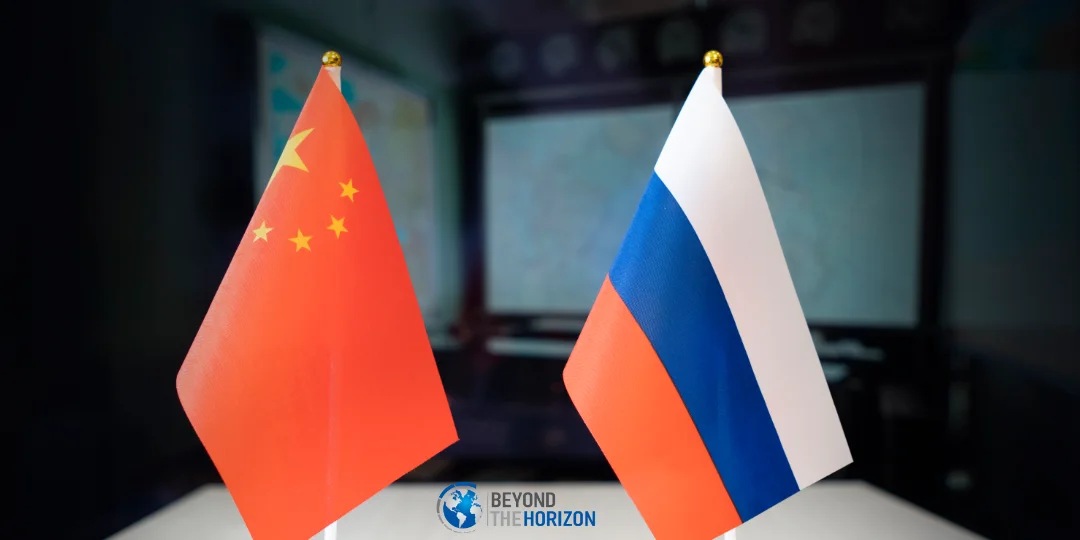A statistical deep dive into a rapidly evolving partnership
In a geopolitical landscape defined by shifting alliances, the economic partnership between Russia and China has rapidly evolved from a relationship of convenience to one of profound, data-driven integration. This infographic unpacks the record-breaking trade volumes, critical dependencies, and strategic sectoral shifts that now define their $244 billion+ economic alignment, revealing a story of raw materials, high-tech manufacturing, and a shared financial future.
Record-Breaking Total Trade in 2024
A 1.9% increase from 2023, setting a new high for bilateral trade.
Trade Volume Growth
Bilateral trade has seen consistent growth, hitting new records in 2023 and 2024, though early 2025 data suggests a minor contraction.
2024 Trade Balance
In 2024, Russia maintained a trade surplus, exporting $129.3 billion to China while importing $115.5 billion worth of goods.
A Tale of Two Exports
The trade relationship is built on a clear asymmetry: Russia supplies raw materials, while China provides finished manufactured goods.
Russia's Key Exports to China (2024)
Energy is the backbone of Russian exports. Crude petroleum alone accounts for $61.66 billion, with natural gas, fuel oil, and LNG also in the top categories.
China's Key Exports to Russia (2024)
China fills Russian markets with manufactured goods, led by machinery ($27.29B), vehicles ($25.48B), and electronics ($15.95B).
(Million Tonnes in 2024)
(2021-2024)
(2024 Shipments)
Shifting Investments
Chinese foreign direct investment (FDI) in Russia, while still a small part of its global portfolio, is growing and its focus is changing dramatically.
Chinese FDI Growth in Russia
FDI saw a significant jump in 2023, more than doubling from the previous year, though volumes remain modest in global terms.
FDI Sectoral Shift (2014-2024)
Investment has pivoted from manufacturing (share fell from 30% to 12.2%) to natural resources, with massive growth in the extractive and agricultural sectors.
The Financial Picture
Beyond trade volumes, the financial relationship reveals a story of increasing integration and lopsided dependence.
Yuan in Trade Settlements
The Chinese Yuan's (CNY) role has surged from <2% before 2022 to ~30% of settlements, reducing reliance on other international currencies.
A Lopsided Dependence
The dependency is stark: 57% of Russia's total imports now come from China, while Russia accounts for less than 0.1% of China's import categories.

